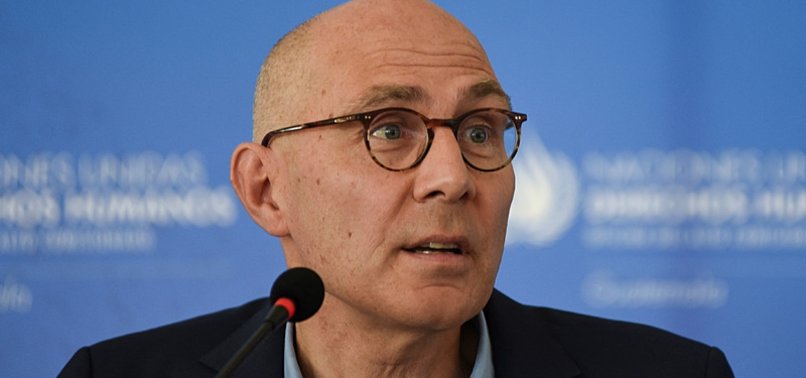
Türk highlighted the severe humanitarian toll that ongoing violence has taken on civilians, especially women and children in Gaza, who have endured relentless bombardment over the past ten months. He called for all measures to be taken to prevent these acts of violence from escalating, emphasizing the dire consequences for civilian populations if the situation continues to deteriorate.
The UN's call for restraint comes amid an emergency session of the Security Council, where the international community debated the repercussions of a significant Iranian missile attack on Israel. This unprecedented assault, condemned by numerous countries including the United States, France, and the United Kingdom, has been described as a dangerous escalation that threatens the stability of the entire region. The Iranian government has justified its actions as a response to Israeli strikes on its diplomatic premises in Syria, a claim that has further fueled tensions.
Representatives from various nations underscored the urgent need for diplomatic efforts to defuse the situation. France's delegate to the UN stressed the necessity of avoiding a new war in the Middle East and urged all parties to engage in meaningful dialogue to resolve the crisis. Similarly, the UK condemned the attack and emphasized the grave risks it poses to regional security, calling for maximum restraint from all involved.
The situation has been further complicated by the geopolitical dynamics involving other regional players. Russia criticized the UN Secretary-General for his perceived inaction in response to Israeli attacks on Syria, while China pointed to the broader implications of the Gaza conflict, highlighting the persistent instability caused by unresolved Palestinian issues.
As the international community grapples with the escalating violence, there are growing calls for a comprehensive approach to address the root causes of the conflict. This includes renewed efforts to achieve a lasting peace settlement and ensuring the protection of human rights in the affected areas.
The latest developments underscore the fragile state of peace and security in the Middle East, with the potential for further violence posing significant risks not only to the region but also to global stability. The UN's urgent appeal for restraint and dialogue reflects the critical need to prevent the situation from spiraling into a full-scale conflict that could have catastrophic consequences for millions of people.
By addressing the immediate threats and working towards long-term solutions, the international community aims to stabilize the region and protect the lives and rights of civilians caught in the crossfire. The coming days and weeks will be crucial in determining whether these efforts can succeed in averting a broader war in the Middle East.
Topics
Live News
